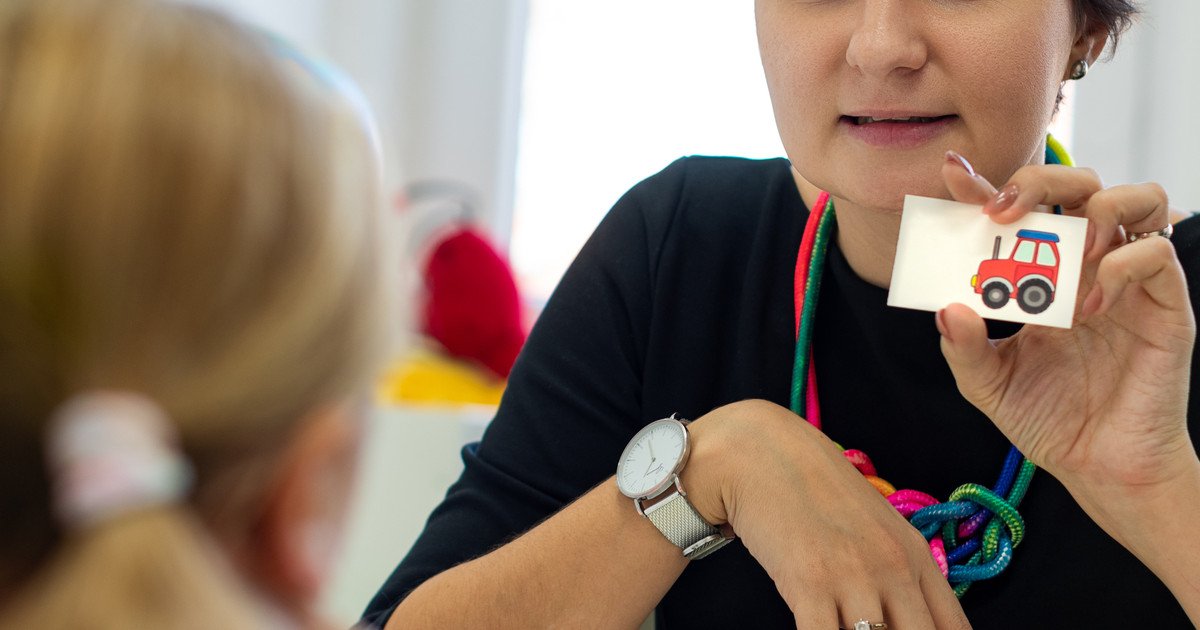Common Symptoms Of Dyspraxia
Dyspraxia affects up to 6 percent of the population. Ladies, this makes it a significant condition! It's often called 'developmental coordination disorder,' thanks to many of its symptoms. However, these signs are tough to pinpoint! They usually start when you're a child, but they last for the rest of your life. It's also worth noting symptoms are more than just coordination issues!
Ladies, you have many dyspraxia treatment options! All of them focus on helping you with your symptoms. The most common method is occupational therapy for dyspraxia. It helps you learn to do tasks easier! Many of you will want cognitive behavioral therapy for dyspraxia too. Of course, don't forget about natural remedies for dyspraxia, like regular exercise! That said, you have to understand all of your symptoms before getting the most effective treatment for dyspraxia.

Trouble Learning New Skills
It's safe to say dyspraxia doesn't influence your overall intelligence. However, ladies, a common sign of it is having trouble learning new skills! This happens for a few reasons. First, this disorder negatively impacts your visual-spatial memory. That's the part that helps you remember colors, shapes, and object location! Short-term memory sees the most impact here. Ultimately, ladies, this means you don't learn as fast as other people!
Of course, this condition used to be seen as a coordination issue most of the time. However, it's now considered a learning disorder now too! This is down to the trouble learning new skills as a symptom. Many of you who have this condition, ladies, also deal with another learning disorder. This is usually ADHD or autism spectrum disorder! They are very similiar to dyspraxia in how they influence your memory and learning.
Poor Hand-Eye Coordination
Hand-eye coordination issues are common in this disorder. Ladies, your abilities here will usually be poor! That means even easy tasks are harder for you to do. It's down to feed-forward control. This is what most people use when reaching for objects. It lets them move their hands towards the object even before their eyes have focused fully! However, this is much harder when you have dyspraxia, ladies. Studies show that you have to focus your eyes before you move your hands at all!
You'll also have trouble keeping your focus on objects! Your vertical eye movements are usually slower than your horizontal ones too. Changing your focus will be slow also! This makes poor hand-eye coordination even more common in this condition.

Clumsiness
You'll be very clumsy when you have this condition! Ladies, the clumsiness is why many doctors used to call it 'clumsy child syndrome!' Remember, dyspraxia already gives you poor hand-eye coordination. It also means your overall coordination is poor! You'll have a lot of problems staying balanced when you're walking. Staying steady when standing is hard too! One of the reasons for this is your weak muscle tone. The hand-eye coordination problems influence this as well!
This is the most disrupting symptom. When kids have it, it means school tasks are tougher to finish! As adults, ladies, it triggers issues with your effectiveness at work. When clumsiness hits early, it also causes significant self-esteem problems.
Poor Posture
Ladies, poor posture is a significant sign of dyspraxia! You'll see this more in kids than adults. That said, anyone can get it! Poor posture sets in for a few reasons. Ladies, many of you see weak muscle tone in this condition. This makes it harder for you to stand up straight! Your balance will be off too.
Posture is something you learn young. You do it by imitating people around you! This condition, though, negatively impacts your learning and cognitive abilities. Ladies, that's another reason why standing straight is harder with this disorder! Learning to stand in the first place is often tougher here too.

Perception Issues
Perception problems are very standard in dyspraxia. Ladies, it means you'll have issues with telling the difference between things you smell, taste, feel, see, and hear! Here's an example. Most people can tell the difference between 2 things that they smell, even one after the other! This is harder to do when you have dyspraxia. It'll take a lot longer to do, at the very least!
sues are likely why you have problems with some tasks. One of these is handwriting! Ladies, most of you will have to pause a lot when you're writing. This means thinking about what you're writing next, even physically coordinating it! Research says this comes down to 2 senses: touch and sight! You use them when you're planning actions. This condition, though, sends the wrong signals in these senses, making actions harder!